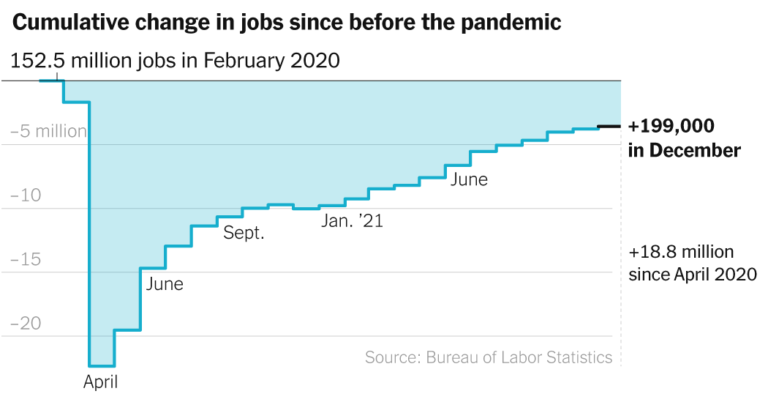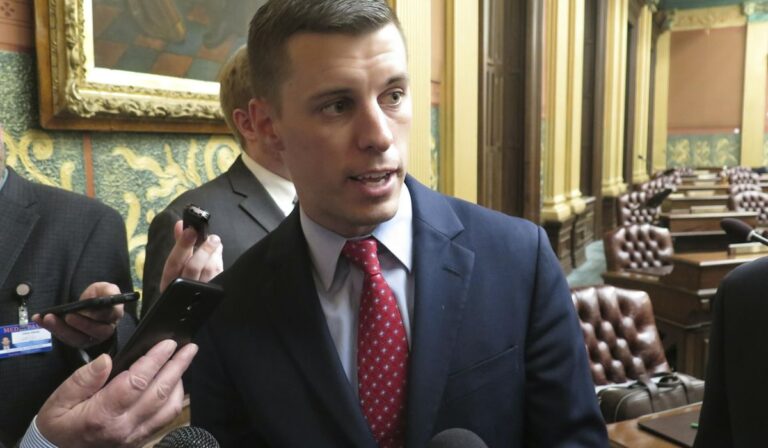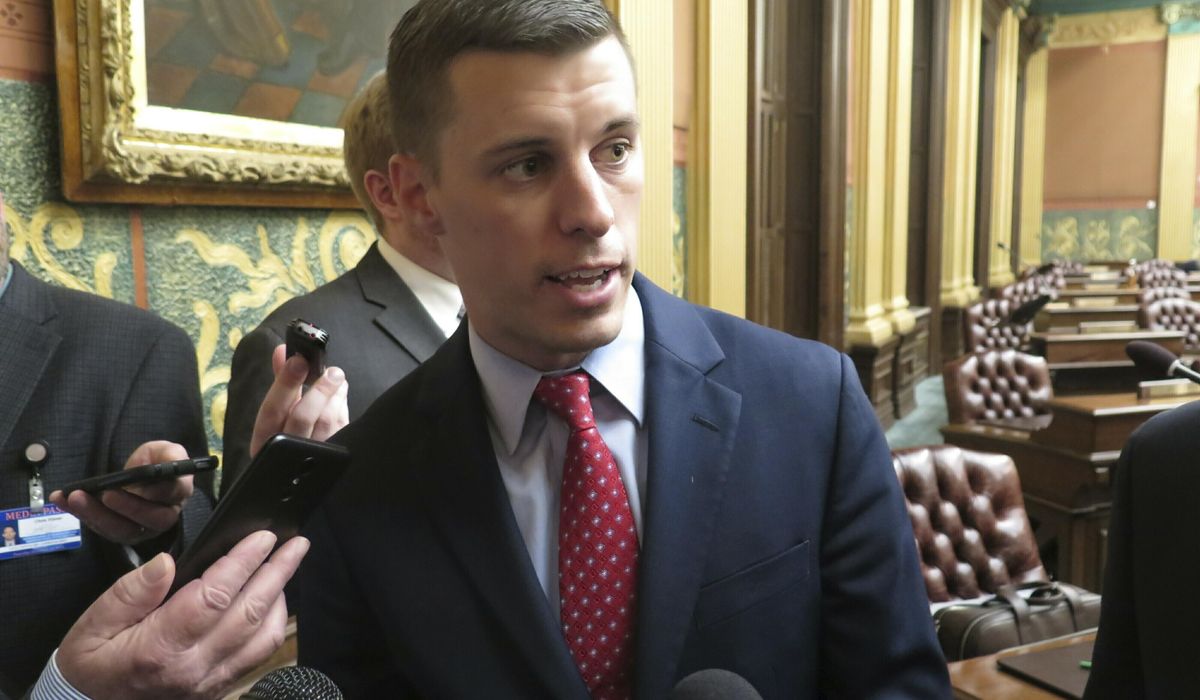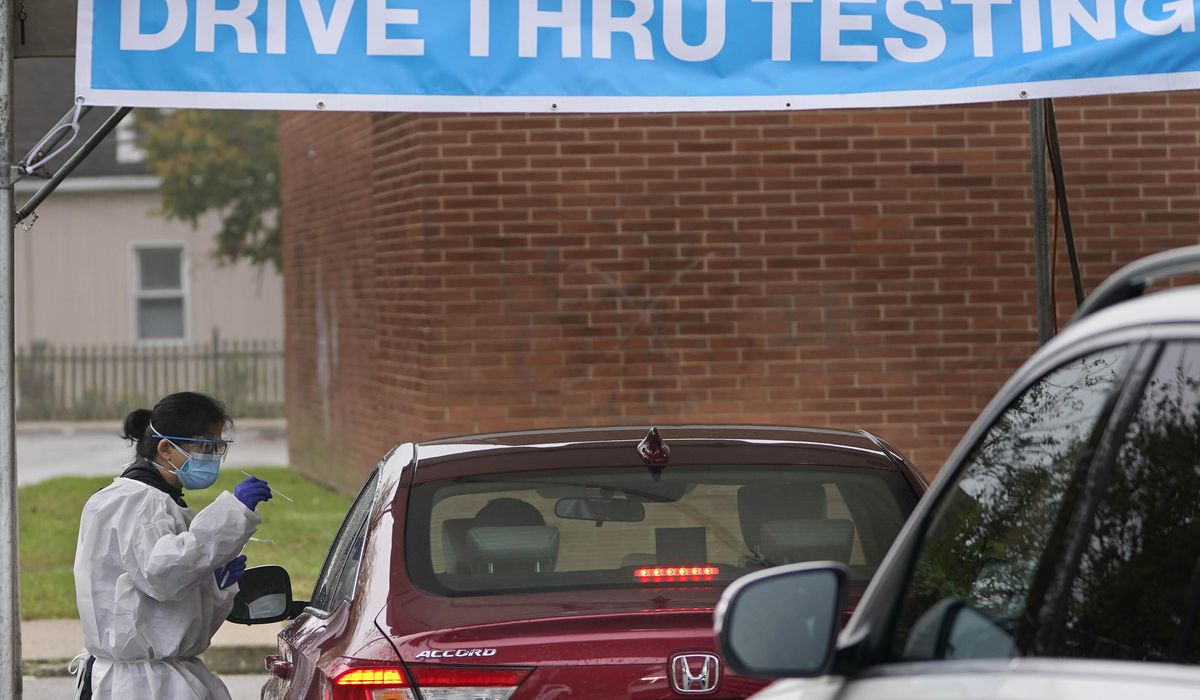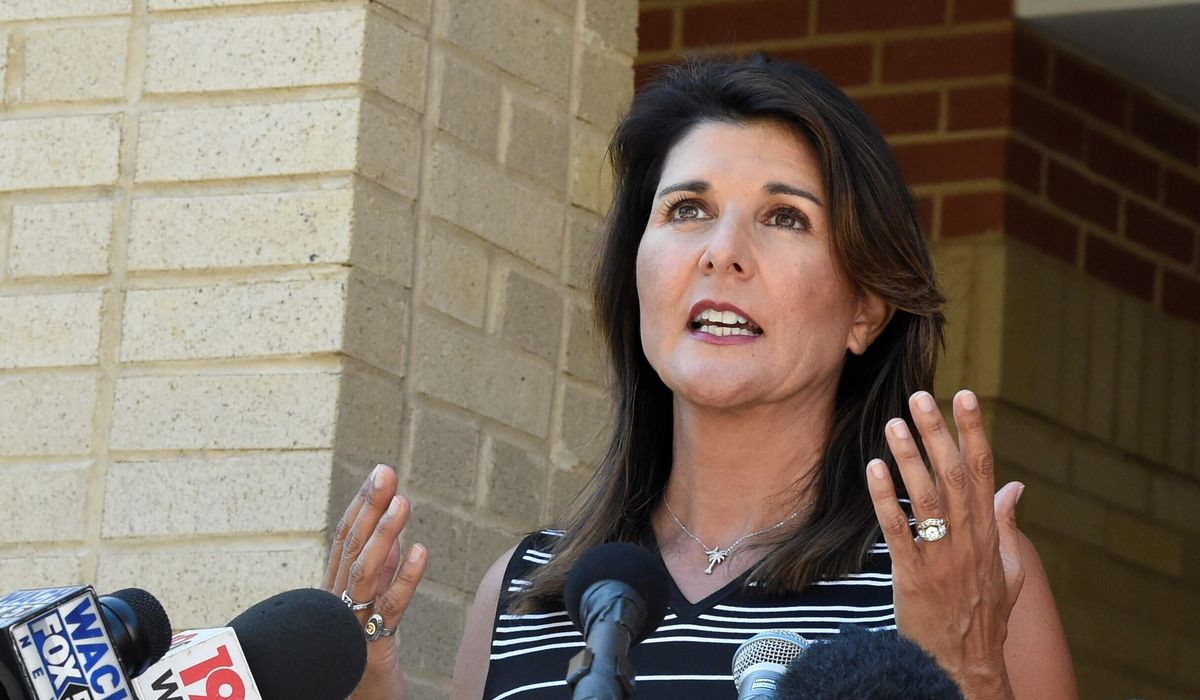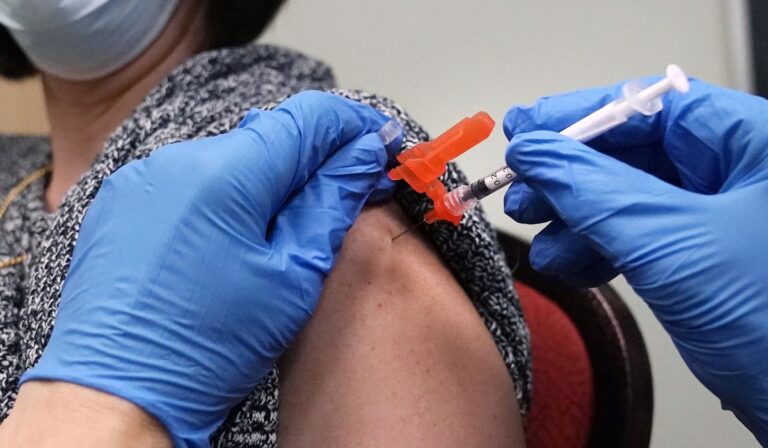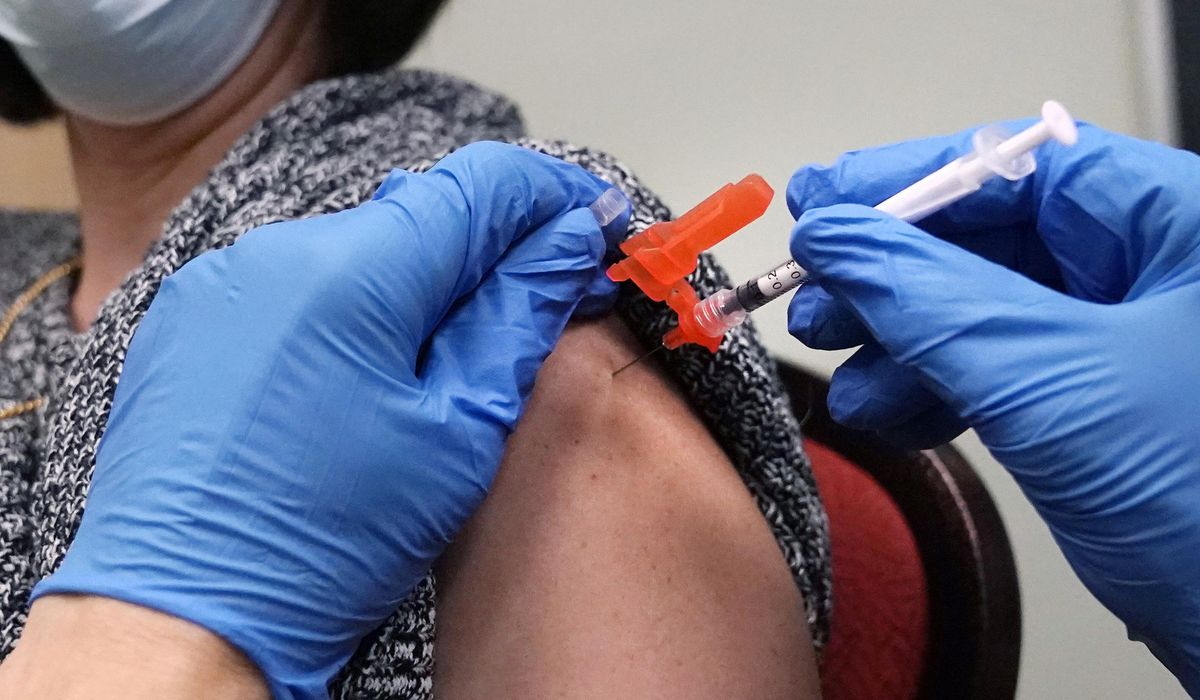President Biden on Friday shrugged off the worst jobs report of his presidency as the U.S. economy added less than half the number of jobs expected in December amid a massive surge in COVID-19 cases.
Mr. Biden showed up about an hour late for his speech and emphasized the report’s lone bright spot, that unemployment dropped slightly to 3.9% in December from 4.2% in November, even though economists say that reflects fewer people seeking work.
“Today is a historic day for economic recovery,” Mr. Biden said, calling the drop the sharpest one-year drop in U.S. history. “I would argue that the Biden economic plan is working and America is getting back to work, back on its feet.”
But the Labor Department report showed the U.S. added just 199,000 jobs in December. That was the fewest jobs in any month of 2021 and the worst month of job creation since December 2020, when the country shed 306,000 jobs.
Economists had expected about 422,000 jobs would be added last month after several weeks of reduced unemployment claims and signs private-sector payrolls were increasing.
At the end of the year, the U.S. was still down about 3.6 million jobs compared to before the pandemic in February 2020.
It is the second straight disappointing jobs report for Mr. Biden.
Labor force participation remained unchanged at 61.9%, a surprising result given the ongoing labor shortage in the U.S.
Republicans seized on the poor jobs report as evidence Mr. Biden’s policies hurt the economy.
“Another disappointing jobs report proves President Biden bungled the economy in 2021,” Rep. Kevin Brady of Texas, the top Republican on the Ways and Means Committee, said in a statement. “One thing is certain: His $5 trillion tax hikes and spending spree would make the economy worse by raising prices, killing jobs, and slowing economic growth.”
The Job Creators Network, a conservative advocacy group that promotes small and large businesses, called the jobs report “a huge miss.”
“The reason for this disaster is simple: Biden’s destructive economic policies are killing the American work ethic while making it harder for small businesses to recoup the losses they experienced during Covid,” the group said in a statement. “Yet, Biden and the Democrats continue to push for more taxes, more spending, and more [vaccine] mandates.”
Mr. Biden pivoted from the bad jobs news to promoting his social welfare and climate change bill known as the Build Back Better Act, which is stuck in limbo without enough support from Senate Democrats to pass.
“I’m working to reduce the largest cost burden on household budgets, costs that don’t need to be such a burden,” Mr. Biden said. “And the biggest weapon in that arsenal is my Build Back Better Act, which will reduce what families have to pay for basic necessities to live a life.”
Rising omicron variant infections are threatening the economy as employers close businesses and consumers pull back from spending on restaurants, hotels and airlines.
However, the December jobs report doesn’t reflect omicron’s complete impact on the economy. The report is based on two surveys conducted by the Labor Department the week of Dec. 12, before cases spiked in major cities.
Job creation was highest in the leisure and hospitality sectors, which added 53,000 jobs in December. Still, that number was well short of the more than 100,000 jobs the sector was adding earlier this year. The industry remains down 1.2 million positions compared with pre-pandemic levels.
Professional and business services, manufacturing and construction, and transportation and warehousing all reported solid job gains, while health care hiring remained stagnant.
Retailers lost about 2,100 jobs last month. Sporting goods and hobby stores saw the largest decline, shedding about 12,500 jobs, the Labor Department said.
Government jobs also decreased by about 12,000 due to declines in state and local government employment.


